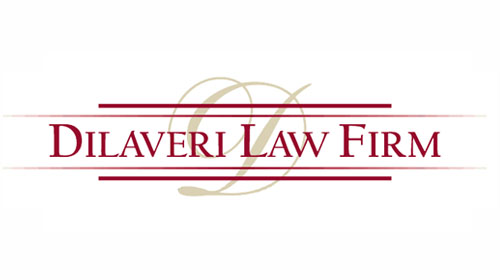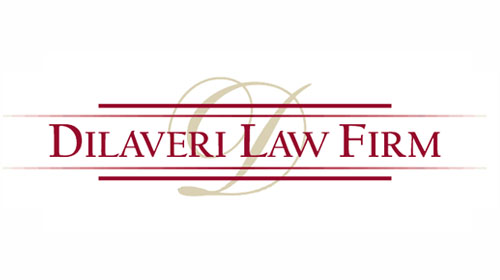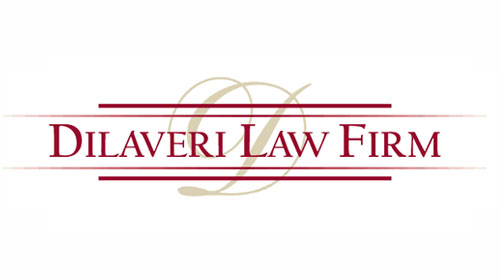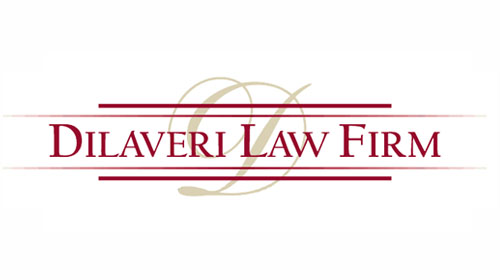Rochester Minnesota
Criminal Defense & DUI Attorney
How Can We Help You
Rochester Minnesota DUI Lawyers and Attorneys
Minnesota Cost of a DUI
The costs of a DUI can be attributed both directly to conviction and sentencing as well as to collateral issues that arise due to the conviction. If you have questions about the true costs of a DUI in Minnesota, please contact our Rochester Minnesota DUI attorney, to see how we can help.
Court Costs
Court costs will vary depending on whether it is a first or subsequent offense, with the costs increasing along with the severity of the crime. The maximum fine for a crime is established by law. The maximum fine for a misdemeanor is $1,000; for a gross misdemeanor, it is $3,000; and for a felony first-degree DUI, it is $14,000. Additionally, Minnesota DUI laws provide that if the offender is convicted of DUI involving a blood alcohol concentration of 0.20 or more, the court may impose an additional fine of up to $1,000. The statutes further specify that the fine for any DUI offense is 30% of the maximum fine, though it may be reduced to $50 if the defendant is unable to pay.
Out of Court Costs
Out-of-court fees involve costs associated with towing and storage fees, getting new license plates, dealing with vehicle forfeiture, getting the driver’s license reinstated, paying for alcohol assessment, alcohol treatment, increased insurance rates, etc.
Occasionally the police will allow a spouse or other sober person to drive the vehicle that the impaired person was using away from the stop. However, most often, the vehicle will be towed and the offender will be responsible for the towing and storage fees in order to retrieve the vehicle.
If the offense warrants the license plates to be impounded(LINK), the license plates of every vehicle owned or co-owned by the person are to be seized and destroyed. A co-owner or other validly-licensed member of the violator's household may obtain specially-coded license plates for use during the impoundment period, which typically lasts at least one year. The State of Minnesota charges a $50-per-vehicle fee to issue the special plates and an additional $50-per-vehicle fee at the end of the plate impoundment period to restore the regular license plates.
If the offense triggers the forfeiture provisions of the DUI statutes, in addition to losing the vehicle, the offender may be responsible to the lien-holding company for any amounts still owed on a loan after the vehicle is sold by law enforcement.
In order to get a valid driver’s license again, once eligible, the offender must pay a reinstatement fee of $680.
Minnesota statutes mandate that, upon conviction for a DUI offense, the offender must submit to a chemical use assessment. The chemical use assessment fee is $125. Additionally, follow-up alcohol treatment costs can vary from several hundred dollars for outpatient group counseling to tens of thousands of dollars for inpatient treatment programs. While some employee health programs provide some coverage for chemical dependency treatment, some people elect to pay out-of-pocket for these expenses in order to avoid creating a record on their medical insurance.
One last out-of-court cost is the dramatic increase in automobile insurance coverage for the lucky ones. The not-so-lucky ones have their policy cancelled altogether. Once reinstated, the driver is only offered rates at a “high-risk” premium for a three- to five-year time period. These increased insurance rates can amount to several thousands of dollars per year depending on the particular insurer. Because DUI crimes are enhanceable, all DUI violations remain on the record permanently, unlike most other traffic violations and reported traffic accidents which can be removed from public access after five years.
Loss of Potential Income
An overlooked area in which DWIs have a great impact is that of lost earnings and loss of potential income. The minimum license revocation penalty for a violator is 15 days, in which they cannot even obtain a limited license to go to school and work. Without a license, they often have to take unpaid time off work, or use their vacation days. Additionally, there is a lot of income lost for all the times they have to appear in court, attend treatment or serve their sentence.
If an offender’s job requires them to drive, such as a delivery driver or a bus driver or a commercial driver, a DUI may mean an automatic termination of their employment.
Contact Us Today For A Free Consultation
Before pleading guilty to a DUI call, contact us. We always offer free initial consultations to our clients. Call 507.206.6020 or complete our free case evaluation form.











